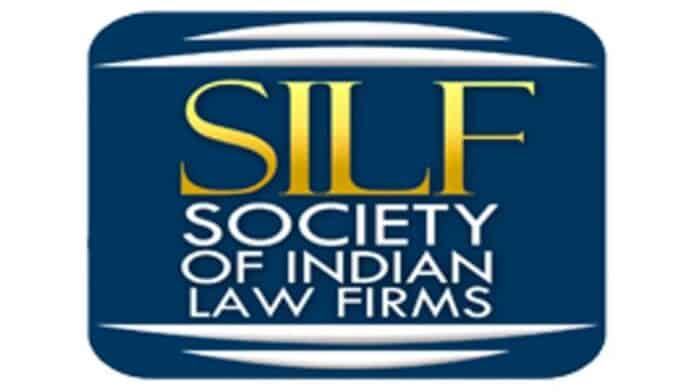The Society of Indian Law Firms (SILF) has written to the Bar Council of India raising concerns over its recent decision to allow foreign lawyers and law firms to practise in the country.
In a press release issued on Friday following its March 30 representation to the apex bar body, the society said the rules for foreign lawyers and law firms to practise in India are not in conformity with the Supreme Court judgement which ruled that only advocates enrolled with State Bar Councils were entitled to practise law.
Earlier this month, the Bar Council of India (BCI) Rules for Registration and Regulation of Foreign Lawyers and Foreign Law Firms in India, 2022 were notified.

The objects of the rules said the law practice in India will be opened for “foreign lawyers in the field of practice of foreign law; diverse international legal issues in non-litigious matters and in international arbitration cases would go a long way in helping legal profession/domain grow in India to the benefit of lawyers in India too.”
Questioning the manner and timing of this step, SILF asserted in the release that the rules are discriminatory as while Indian professionals continue to be governed by the code of conduct and regulations under the Advocates Act, foreign lawyers and law firms would be governed by their home country’s rules.
“BCI has ceded disciplinary jurisdiction over foreign lawyers and foreign law firms to respective foreign regulators. So, foreign lawyers and foreign law firms will not only have their own codes of conduct but would be judged by foreign regulators,” the release stated.
SILF highlighted the differences between Indian and foreign law practices and said professional rules in India are “ancient” and they do not recognize the concept of a law firm or permit any form of marketing or levying of contingency fees or success fees but the foreign entities are not bound by the Indian code under the rules.
“SILF has in its representation to the BCI…cautioned that the rules are not in conformity with the judgment of the Hon’ble Supreme Court…. The appropriate sequencing therefore should be to first amend the (Advocates) Act to enable the practice of law in India by persons such as foreign lawyers,” it stated, adding that without such amendments in the Advocates Act, the rules are open to challenge.
It further said the rules are vague on critical issues like eligibility criteria for registration of foreign lawyers and law firms as credentials are left to be self-declared and there is no scrutiny concerning national security, etc.
It also emphasised that there has been a consensus amongst stakeholders that opening up of the market must not be in an ad hoc manner but must be a part of a phased reform of the legal services sector.
“It is imperative to create a level playing field for Indian lawyers by the time foreign lawyers are allowed in the next phase. Unfortunately, domestic reforms have remained unattended for a long time and have not been addressed with the same alacrity as the rules,” the release said.
It also said that the rules lack “reciprocity” and there has to be free movement of legal professionals across borders on an equal basis to establish real and meaningful reciprocity in the sector.
“There is no regulation on the relationship with Indian professionals. Thus, exposure to surrogate practices where foreign lawyers and foreign firms could control Indian lawyers and Indian law firms and thereby practice Indian law that is doing indirectly what can’t be done indirectly,” the release said.
SILF said it welcomed the Bar Council of India (BCI) initiative in framing the rules and it was in the national interest to lay out a blueprint for the future of the Indian profession and that a consensus of all stakeholders through consultation and engagement was imperative.







